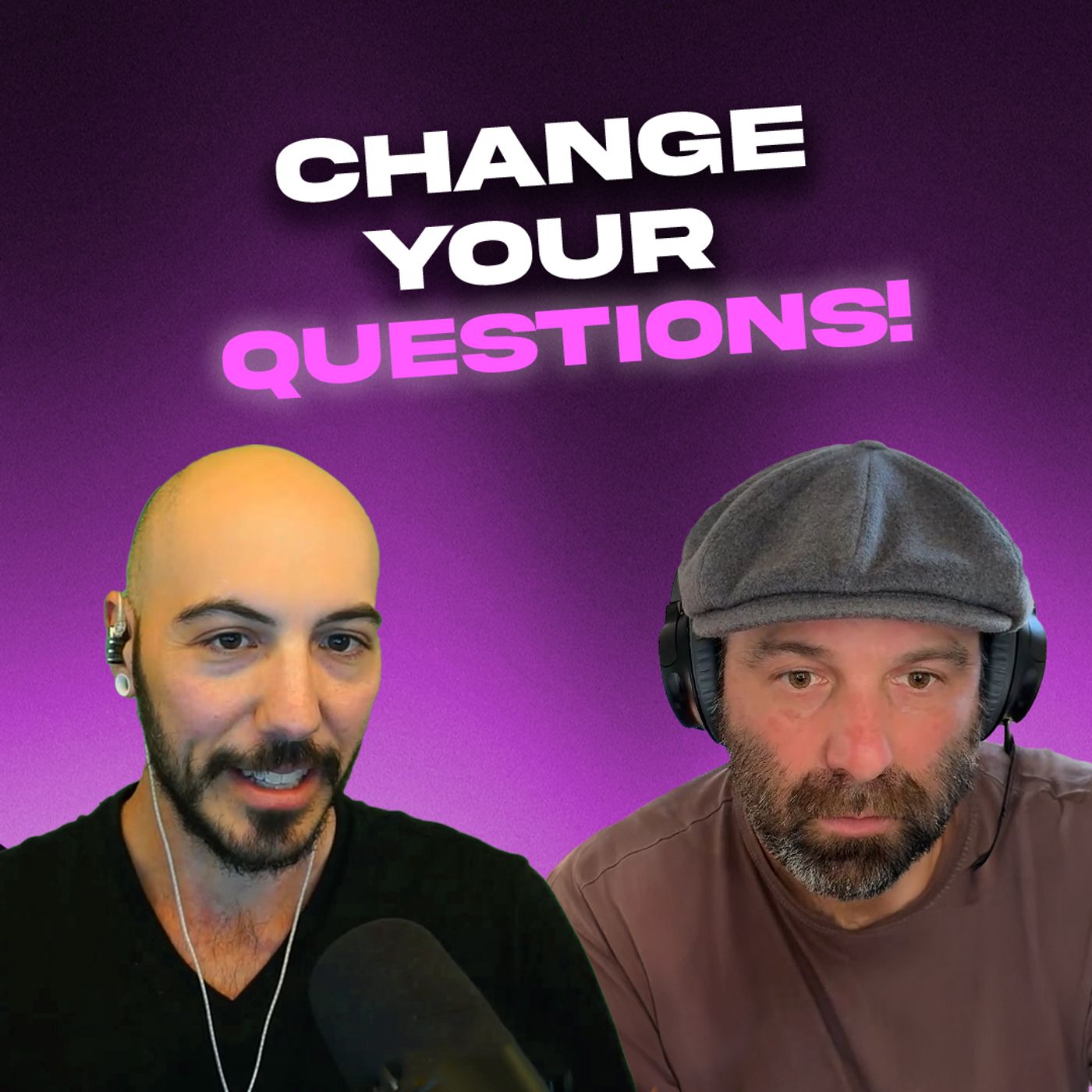The Awe is Shared: Evolution and Public Science with Andrea Eller - This Anthro Life


Andrea Eller is a biological anthropologist driven by a question of how do our bodies continue to react to things today? In other words, how does evolution continue to impact us and why is this important? To address this, Andrea Eller looks at how bodies respond and adapt to circumstances of chronic stresses. The stresses that Eller looks at, however, are both physiological and social. Not only does Andrea postulate explanations to account for change over time in relation to more visible circumstances like ecology, tool use, and disease. But, Andrea also considers less visible issues like, class, race, and gender as critical factors that also impact our physiology over time.
Evolution Responds, it does not React
One of the compelling predicaments that Eller discusses with Adam has to do with current data on primates. For example, data from captive primates are excluded from wider studies. In part, the problem is that there is a growing population of captive primates. With more an more primates being born into captivity, there is a concern that adaptation is occurring in many primates. As Eller notes, the pressures to adapt in one environmental setting or another (called selective pressures) will be different. That means looking at the same species of primates requires context. Whether coming from different settings, the wild, scientific laboratories, or zoos, data on primate adaptations will differ.
Similarly, humans use clothing as a tool for adapting to different environments. Down or wool coats would seem out of place at Miami beach just as scuba gear would not be an appropriate choice for reaching base camp at Mount Everest even though each of these clothing options reflects different human adaptations.
Mindfulness Training – Outreach and Engagement
One of the most captivating aspects of Eller’s conversation was her genuine passion for public outreach. For Eller, it is an ongoing struggle to help get the public to see evolution in a different light. Too often she sees a perspective of humans being the masters of the planet, rather than one group of participants within it. However, combating this perspective (among others) requires outreach and engagement. For Eller, this begins with engaging kids. “Kids haven’t had all of the primate educated out of them,” she says. They are more open to experience awe and be captivated out of curiosity when seeing examples not only of our evolutionary past but the present as well.
Read more: https://www.thisanthrolife.com/andrea-eller/
--- Send in a voice message: https://anchor.fm/thisanthrolife/message Support this podcast: https://anchor.fm/thisanthrolife/support

















































